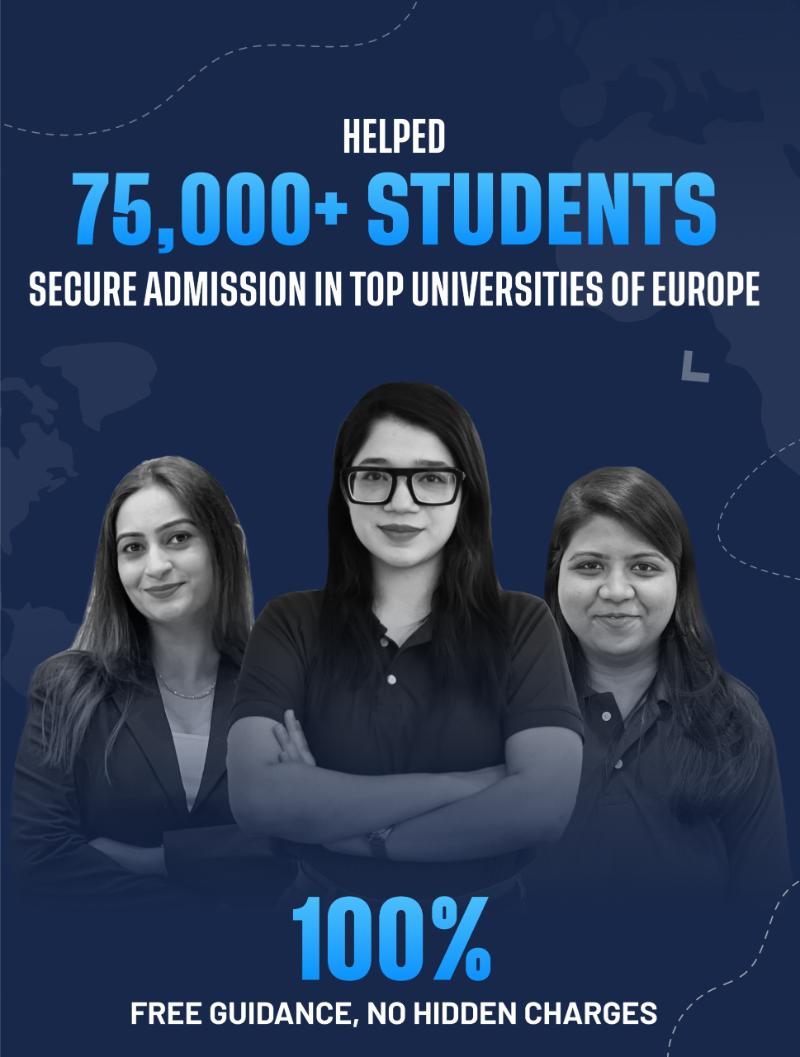
Lithuania Labour Shortage: Costs, Visa Options & In-Demand Jobs in 2026
Lithuania Labour Shortage: Costs, Visa Options & In-Demand Jobs in 2026
As they say, if you look hard enough, there's bountiful opportunities everywhere. As the economies of the world pivot and shift around, new avenues are opening up for international students who want to study abroad with the view of working and perhaps even settling down.
As keen observers of all things Europe, we always have an eye out for new developments and all trends at this stage point to one picturesque country - Lithuania.
Lithuania, beyond its natural beauty, also boasts of a robust economy. As is the case with many of its neighbouring states, Lithuania is also entering 2026 with a significant challenge in tow - labour shortages in key industries. While the economy is booming and foreign investment is steadily on the up, there's a major skill gap appearing in the job market, meaning that there's plenty opportunity for aspiring professionals to become part of this juggernaut.
In this particular blog, we will talk about the job opportunities arising from this, how international students can take advantage of this, and an overview of some of the costs an benefits.

Sectors That Will Have Increased Demand For Skilled Workers in 2026
1. IT & Tech
As a regional hub for IT and Fintech startups in the EU and perhaps the largest for fintech with over 230 fintech companies including Revolut and TransferGo operating out of there, Lithuania will need more software developers data analysts, cybersecurity specialists, AI & Machine Learning Engineers, and IT Support Specialists to bucaneer its rapidly-emerging IT & technology sector.
2. Healthcare & Medicine
Healthcare & Medicine is one of those sectors where almost every country can do with more professionals, and Lithuania is no exception in this matter. Lucrative opportunities lie for General Practitioners, Nurses, Pharmacists, and Physiotherapists, given that Lithuania is one of the fastest-aging populations in the European Union. Nursing, especially, is a fairly hard-to-fill role, so there's significant demand in this particular niche. The underlying data suggests that by 2026 , the healthcare sector will have 20% more vacancies than the country has skilled candidates to fill them with.
3. Manufacturing & Engineering
Lithuania has a booming manufacturing sector, accounting for over 20% of Lithuania's GDP particularly in the case of automative, electronics, and metal, so Lithuania is bound to need more mechanical and electric engineers, along with production managers and CNC machine operators. Watch out for sectors like metal construction and precision manufacturing cause there are growing exponentially by the day.
4. Logistics and Supply Chain
One of the sectors benefiting from Lithuania's location in Europe is logistics given that it is pretty much the mediating point between Western Europe and Scandinavia. Kaunas and Vilnius, in particular, are among Europe's busiest logistics hubs and with the "Rail Baltica" project, this is only established further.
The economy, therefore, will need more logistics coordinators, warehouse managers, and freight transport operators. Year on year, the trucking industry for instance has a shortfall of over 3,000 skilled drivers annually, which creates a bottleneck in the freight transport segment. This, and many such issues are cropping up with a need for a solution, and hence opportunities shall not be lacking anytime soon.
5. Construction and Skilled Trades
It holds true for the rest of the world, and the same is applicable to Lithuania with its requirement for Civil Engineers, Electricians, Plumbers, and construction workers. To drive its ambitions for large-scale infrastructure, it is imperative that they are able to attract people in engineering and the trades. Towards this end, most studies indicate that construction has ranked amongst Lithuania's most in-demand sectors, and hence the gap in terms of workforce availability will continue to widen as we head into 2026.
Studying in Lithuania
The best way, out of all, to get into the swing of things is to pursue a higher education in the country where you want to work and settle. Behind the booming economy is a fantastic academic foundation, and so Lithuania is able to cater to many starry-eyed international students with its diverse programs and top-notch pedagogy. There are some more compelling reasons as to why Lithuania should be on your radar as an international student:
- Compared to Western Europe, the tuition fees in Lithuania is fairly less, usually ranging between €2,000–€5,000/year (₹1.7–₹4.3 lakh).
- The monthly expenses are fairly low as well - with expenses like accomodation, food, transport and so on being covered in between €400–€600 (₹35,000–₹52,000).
- It's in the Schengen Zone - you can roam around Europe while studying. What's better than that?
Top Universities In Lithuania
1. Vilnius University (VU)
Vilnius University is the oldest university in the Baltics (founded in 1579), and consistently ranks amongst the top 400 universities in the world according to QS world rankings. It is also a member of the European University Association (EUA), which denotes its commitment to maintaining peak academic standards.
Notable Courses:
- Artificial Intelligence and Data Science
- Computer Science and Software Engineering
- Economics and Business Management
2. Kaunas University of Technology (KTU)
Known for focusing on technology, applied sciences, and courses centered around engineering, KTU has forged itself a formidable reputation owing to its world-class research facilities and connections with corporations and major players in the automotive and aerospace fields, including but not limited to the likes of Siemens and Bosch. It comes as no surprise, therefore, that beyond being ranked amongst the top universities globally for engineering and technology in the QS Rankings by Subject, it is also a member of the European Space Agency (ESA), which means that students can gain hands-on experience working on advanced aerospace projects.
Notable Courses:
- Industrial Engineering and Management
- Information Technology
- Renewable Energy Systems
3. Vytautas Magnus University (VMU)
Given the ascent of liberal arts programs, Vytautas Magnus University (VMU) has emerged as a fantastic option for those who intend to pursue a career in the spectrum of business and marketing. They also have a robust STEM-oriented side too, however, with biotechnology being a particular speciality of theirs.
Notable Courses:
- Digital Marketing
- Biotechnology
- International Business
4. Vilnius Gediminas Technical University (VILNIUS TECH)
Specialising in tech, engineering, and architecture programs, and ranking highly in Times Higher Education's rankings for universities in Europe for technology and innovation, Vilnius Tech is an excellent option for students who value the ability of universities to facilitate networking opportunities. The university houses the country's largest Robotics Lab.
Notable Courses:
- Robotics and Cybernetics
- Aviation Engineering
- Business Analytics
5. ISM University Of Management and Economics
Regarded as Lithuania's premier business school, the ISM university places great emphasis on practical learning and pushing the envelope in terms of opening up new possibilities for its students. For instance, the universities is accredited by the EFMD (European Foundation for Management Development), which enables it to go for collaborations with the likes of PwC, Deloitte, and EY for internships and case studies.
Notable Courses:
- Global Leadership and Strategy
- Marketing and Innovation
- Financial Economics
Post-Work For International Students
To put it simply, after you've graduated, you're provided a 12-month job search visa. Given the plethora of opportunities, this period is more than enough for most graduates. To indicate how ripe the market is, it is worth noting that since 2022, Lithuania's minimum wage for foreign workers has increased by over 15%. Google Lithuania, Nasdaq, Continental, Hella, Barclays, Western Union - many companies are operating out of Lithuania and need more hands on deck.
If we are to talk about the salary side of things, fresh graduates in fields like IT and engineering tend to earn somewhere between €1,500 to €2,500/month (₹1,30,000–₹2,20,000).
Once you secure a job, you can apply for a National Employment Visa or Temporary Residence Permit.
Finally, if you've worked in Lithuania for at least around 5 years, you can apply for permanent residency.
Conclusion
Alright, so there's that! At EduGo Abroad, we've got thorough expertise on all matters related to studying abroad in Europe, so if Lithuania is on your mind or this blog has made you wonder if Lithuania should be where you ought to be, feel free to reach out to us through the contact forms. Our seasoned counsellors, with more than 15 years of experience, can help with everything from the teensiest of details regarding the country, and all the way across the admissions to visa process.
Get A Free Consulting Today
Get your answers related to abroad study.




